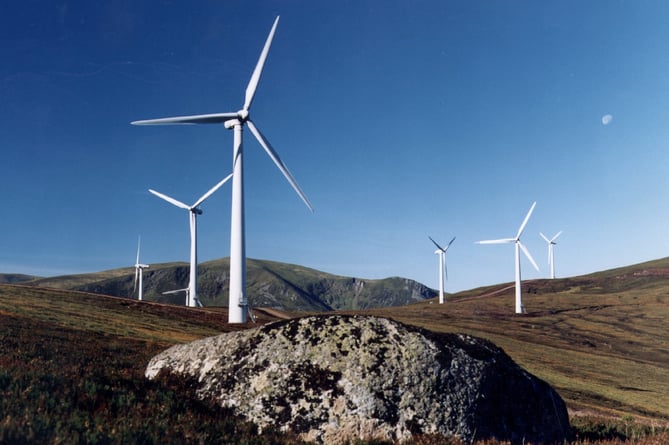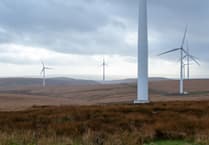Could the Isle of Man achieve energy independence?
Click here to read part one which looked at wind, solar, tidal and wave power – and read on for part two about the possibilities for nuclear power, bio-energy, geothermal energy and offshore gas.
Atomic energy
The original reason for developing nuclear reactors was to produce weapon-grade plutonium from uranium.
The development of power plants using the fission process was subsidised by countries including the USA, UK and France.
Nowadays the day-to-day operating costs of nuclear power plants is relatively low but the cost of building a new power plant is very high, and the cost of decommissioning it at the end of its life is even higher, a problem that France and Japan are currently struggling with.
There is nevertheless commercial research into the possibility of making small reactors in factories, thereby lowering the price.
Another possibility is using the engines from nuclear submarines to power coastal villages.
However, the other serious issue with nuclear energy is that there is still no permanent storage solution for radioactive waste.
One interesting alternative is to use thorium rather than uranium as the fuel as the waste from the fission process is relatively benign.
Unfortunately, without the defence industry behind it, the investments required may be just too much and it is certainly many years before this was an option for the Isle of Man.
Bio-energy
On paper, bio-energy looks promising, for example, by using wood chips in a power station to generate electricity and/or to produce heat.
However, the Isle of Man has not nearly enough land for the area of forests or crops needed to grow the fuel.
Furthermore, there are environmental, price and supply concerns about imported wood, bio-gas or synthetic liquid fuels such as bio-diesel and bio-ethanol.
Geothermal
Geothermal energy has gained quite a lot of publicity and in the right place, where ground temperatures are high such as Iceland or parts of Italy, it is a valuable source of power.
Even in countries like Denmark and Germany, warm water at depth can be used in district heating schemes – where the water is supplied to homes through insulated pipes.
Unfortunately, the Isle of Man has the wrong geology – neither the ground temperatures nor the deep water. And even if these were present, boreholes to tap the energy are remarkably expensive and not without risk – either failing to produce the heat or, worse, creating an earthquake.
Offshore gas
Although emissions from fossil fuels are the main cause of climate change, there has also been publicity on the potential of offshore gas in the Isle of Man.
Exploration wells have been drilled in Manx waters, and one such well by BP in block 112/25 showed indications of gas.
BP tried their best to get gas to flow from the borehole but with no success.
This well is therefore classified as a failure. Seismic data also show that there is very unlikely to be a gas resource in the vicinity of the well. Even if a new gas discovery was made, it is a long process to test, appraise and develop a field.
We would therefore see no return before 2030, when gas is due to be phased out anyway.
Summing up
It clearly makes sense to develop renewable energy on the Isle of Man as there is no doubt that a massive resource exists and, as businesses and nations look to clean up their power supply, it represents a huge economic opportunity.
From a hard-nosed commercial standpoint, wind and solar coupled with energy storage make most sense, so it is definitely worth working together to advance these options. This then offers us the valuable prospect of self-sufficiency in affordable, green power.
Go to www.energysustainabilitycentre.im for more useful insights about renewable energy and sustainability – and find the latest news about ESC on their Facebook, Twitter and LinkedIn channels.




